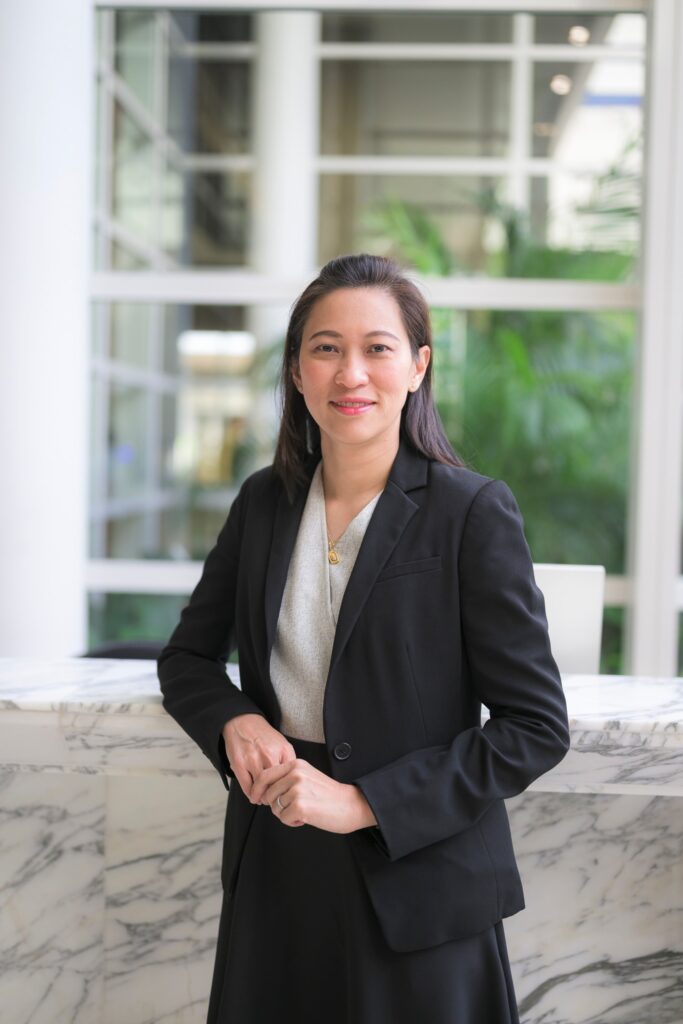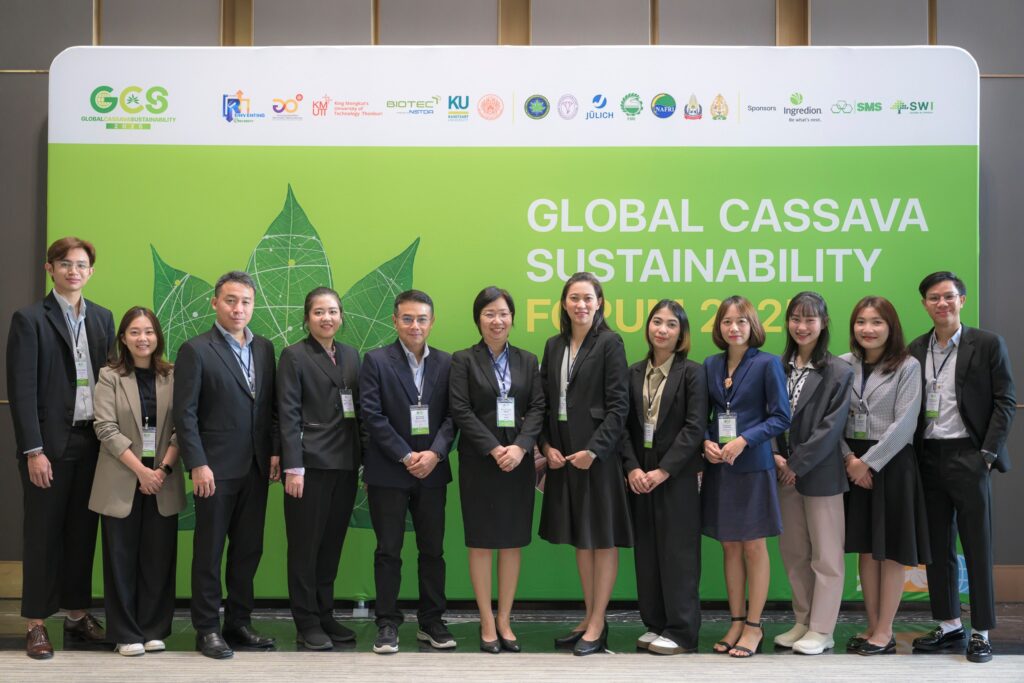
The E3E Platform Project, titled “Transforming the Agro-Industry with the Eco-, Econ-, Envi-Efficiency (E3E) Platform (TAP): Enhancing Resource Utilization and Environmental Management in the Greater Mekong Subregion,” is a collaborative initiative led by Dr. Kanchana Saengchan from the Waste Utilization and Management Research Group (IWUT), a satellite unit based at King Mongkut’s University of Technology Thonburi (KMUTT), Bangkhunthian Campus, and strategic partners. The project has been awarded 7.4 million THB in funding by the Lancang-Mekong Cooperation Special Fund for a period of three years (2025–2028) to enhance sustainability and efficiency in the cassava industry across the Greater Mekong Subregion.
This initiative builds on more than 20 years of collaboration between BIOTEC and KMUTT. The Excellence Center of Waste Utilization and Management (ECoWaste), in partnership with IWUT, has been at the forefront of advancing sustainable practices within the cassava value chain. The collaboration works closely with both government and private sector partners to improve the environmental and economic sustainability of the agro-industry.

The primary focus of the E3E Platform is to improve resource utilization, reduce environmental impact, and promote economic efficiency in the cassava industry. As a key crop in Vietnam, Cambodia, Laos, and Thailand, cassava plays a significant role in supporting rural economies, reducing poverty, and fueling industries such as food processing, textiles, and biofuels.
The E3E Platform serves as an integrated data system that collects information from cassava cultivation and processing activities. Through systematic data collection and analysis, the platform identifies inefficiencies, such as low-yield farming practices and high waste levels, and offers actionable insights for improving productivity and sustainability. The platform also tracks greenhouse gas emissions across various stages of production, helping to develop strategies to reduce environmental impact.
The platform will be piloted within selected cassava processing facilities in China, Cambodia, Lao PDR, Vietnam, and Thailand. This includes personnel training, and initial data collection, the pilot phase also involves close monitoring of system performance and user feedback, allowing for continuous improvement of the platform.
